From hidden kasbahs to bustling souks, our blog is where adventure, culture, inspiration, and lifestyle come together. Before you step into the magic of Morocco, explore our stories, tips, and guides — designed to help you craft the unforgettable journey you’ve always dreamed of.
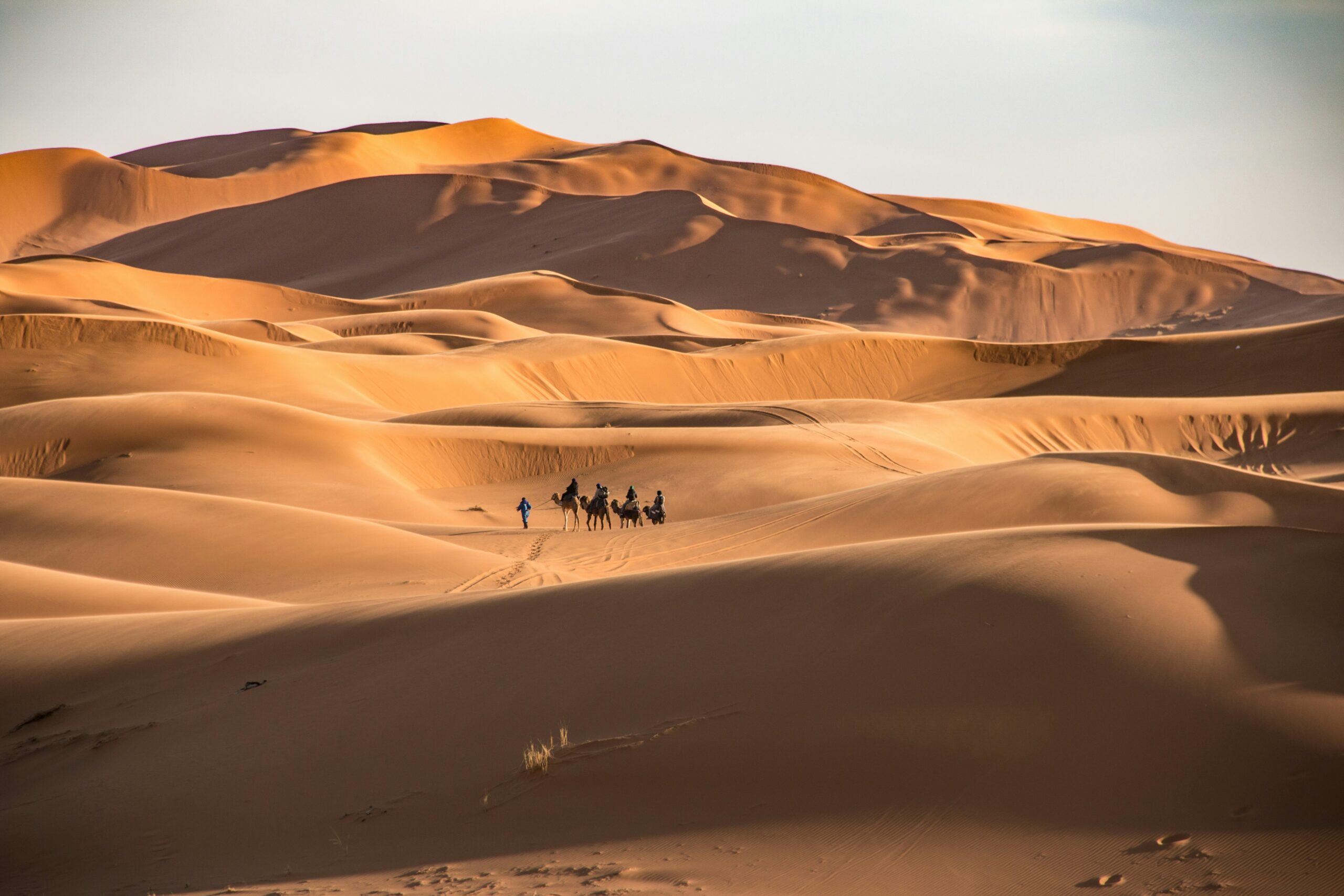
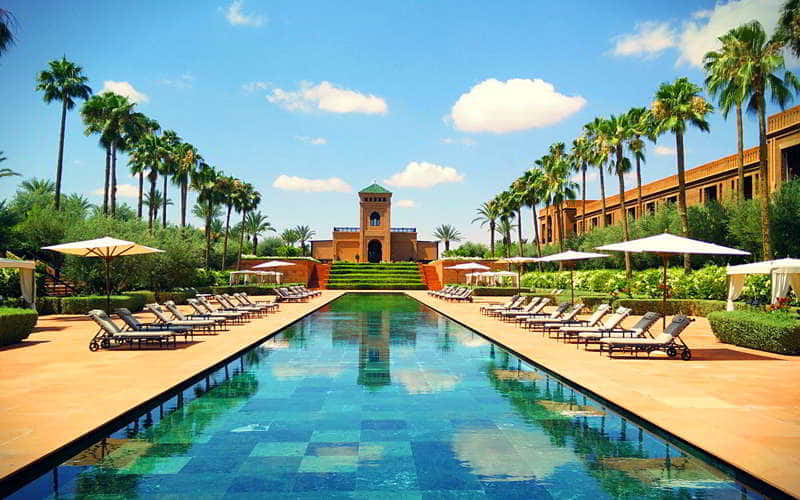
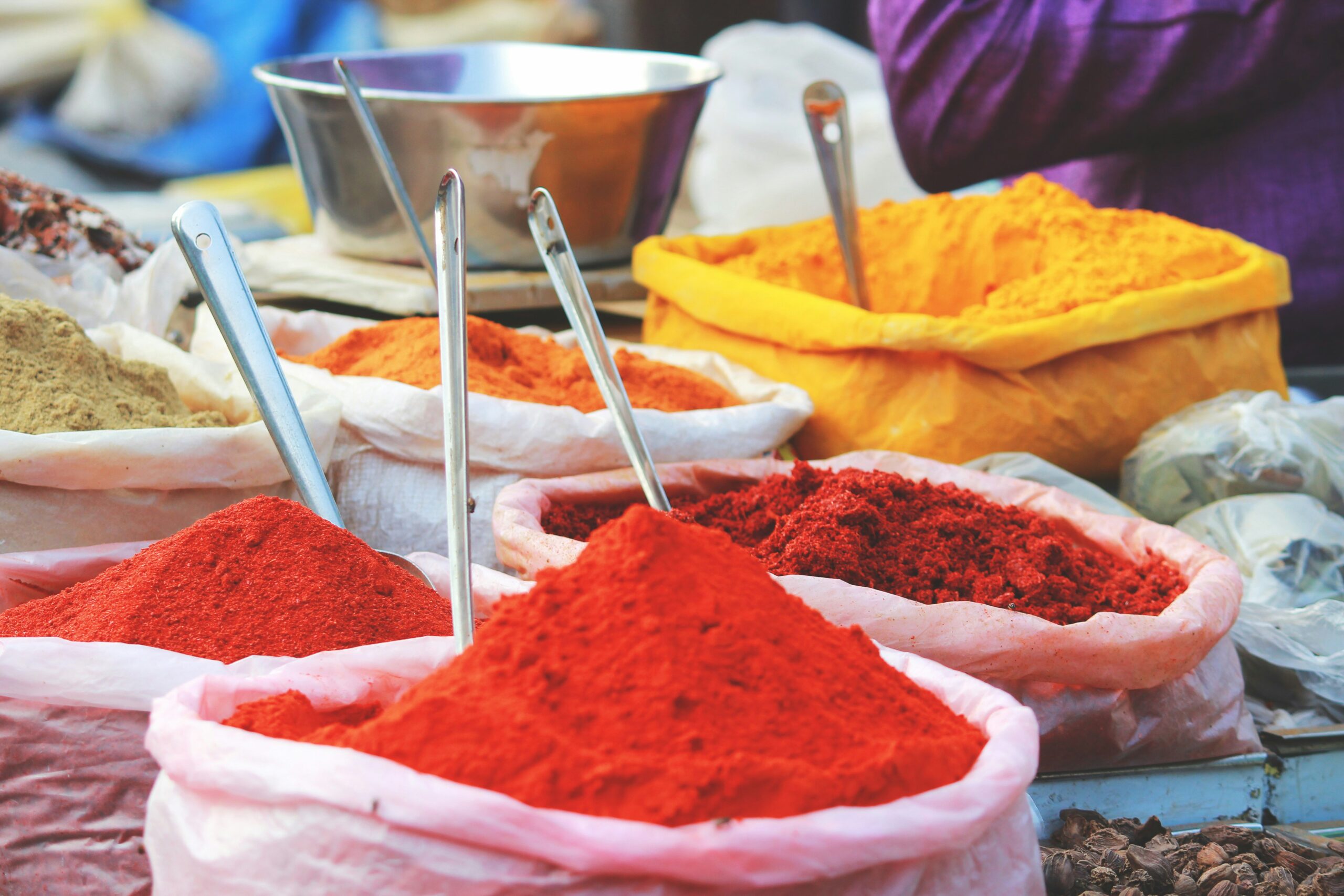
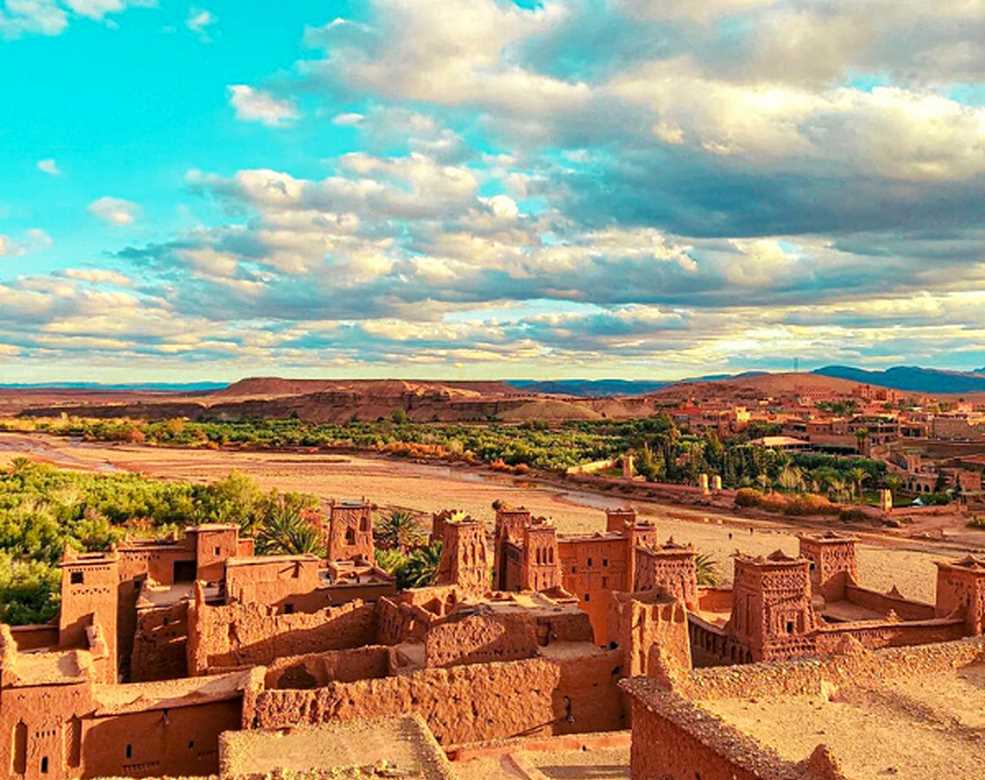
If you're planning a trip to Morocco, it's important to understand the visa requirements based on your nationality.
🇺🇸 U.S. Citizens
U.S. passport holders do not need a visa for stays up to 90 days for tourism or business purposes. Ensure your passport is valid for at least six months beyond your planned departure date and has at least one blank page for entry stamps. travel.state.gov
🌍 Other Nationalities
Citizens from many countries, including most European Union member states, the United Kingdom, Canada, Australia, and New Zealand, can also enter Morocco visa-free for up to 90 days. en.wikipedia.org
However, some nationalities are required to obtain a visa or an Electronic Travel Authorization (AEVM) before arrival. It's crucial to check the specific requirements based on your country of citizenship. en.wikipedia.org+3intrepidtravel.com+3en.wikipedia.org+3
✅ Entry Requirements for All Travelers
-
Passport Validity: Your passport should be valid for at least six months beyond your intended stay.
-
Blank Passport Pages: Ensure your passport has at least one blank page for entry stamps.
-
Entry Stamp: Upon arrival, make sure your passport is stamped. Lack of an entry stamp can lead to complications when departing Morocco. travel.state.gov
🕒 Staying Beyond 90 Days
If you plan to stay longer than 90 days, you must apply for an extension at a local Moroccan police station before your initial 90-day period expires. Overstaying without an extension may result in fines or legal issues. gov.uk+1thetimes.co.uk+1travel.state.gov
🔗 Useful Resources
Would you like assistance in determining the visa requirements specific to your nationality or guidance on the visa application process?
Morocco is generally considered a safe destination for tourists, with millions visiting each year without issues. However, like any travel destination, it’s important to stay aware and take some basic precautions.
While Morocco’s official currency is the Moroccan Dirham (MAD), many tourist areas accept Euros (€) and sometimes U.S. Dollars (USD), but it’s not the standard.
🏦 Using Foreign Currency in Morocco:
-
Hotels, bigger shops, and some restaurants in major cities like Marrakech, Casablanca, and Fes often accept Euros and occasionally U.S. Dollars.
-
Small businesses, markets (souks), and taxis usually only accept Moroccan Dirhams (MAD) in cash.
-
You will almost always get a better price paying in Dirhams, as paying in Euros or Dollars can lead to less favorable exchange rates or confusion.
The best time to visit Morocco is during the spring (March to May) and fall (September to November) seasons, when the weather is mild and pleasant across most of the country.
🌸 Why Spring and Fall?
-
Comfortable temperatures: Avoid the extreme heat of summer and the chill of winter.
-
Ideal for sightseeing: Explore cities, deserts, and mountains without discomfort.
-
Festivals and events: Many cultural festivals take place during these seasons.
❄️ What About Winter and Summer?
-
Summer (June to August): Can be very hot, especially in the interior and desert regions, with temperatures soaring above 100°F (38°C). Coastal cities like Casablanca and Essaouira are cooler.
-
Winter (December to February): Cooler temperatures, especially in the Atlas Mountains where it can snow. Coastal areas remain mild but evenings can be chilly.
🏜️ Special Considerations:
-
Desert trips: Best done in spring or fall to avoid extreme heat.
-
Mountain trekking: Winter may be challenging due to snow and cold weather.
In Morocco, bargaining (haggling) is a common and expected practice in many places, especially in markets (souks), small shops, and street stalls.
🛍️ Where You Can Negotiate:
-
Traditional markets and souks
-
Artisan shops and craft stalls
-
Taxi fares (especially for short trips or if the meter isn’t used)
-
Some small restaurants and local services
❌ Where Negotiation Is Not Common:
-
Fixed-price stores and supermarkets
-
Hotels and formal accommodations
-
Large chain restaurants
-
Official taxi meters
Yes, you can buy and drink alcohol in Morocco, but there are some important things to know:
🛒 Where to Buy Alcohol:
-
Alcohol is available in licensed hotels, bars, restaurants, and some supermarkets in major cities like Marrakech, Casablanca, and Rabat.
-
You can also find alcohol in specialized liquor stores known as “caves à vin” in tourist areas.
🥂 Drinking Alcohol in Morocco:
-
Drinking is generally accepted in private settings and tourist areas.
-
Public drunkenness is not tolerated, and consuming alcohol publicly outside licensed venues is discouraged.
-
Morocco is a Muslim-majority country, so alcohol is regulated and culturally sensitive. Respect local customs and laws.
⚠️ Important Notes:
-
The legal drinking age is 18.
-
During Ramadan, alcohol sales and consumption are more restricted.
-
Bringing your own alcohol into the country is subject to customs regulations and limits.
Morocco is a multilingual country where several languages are commonly spoken:
-
Arabic — The official language, including Modern Standard Arabic (used in media and formal settings) and Moroccan Arabic (Darija), the everyday spoken dialect.
-
Berber (Amazigh) — Indigenous language spoken by the Amazigh people, with several regional dialects like Tarifit, Tashelhit, and Central Atlas Tamazight. It’s also an official language.
-
French — Widely used in business, government, education, and tourism. Most Moroccans learn French as a second language.
-
Spanish — Spoken mainly in northern regions and some parts of the Western Sahara due to historical ties.
-
English — Increasingly popular, especially among younger generations and in tourist areas, but less widespread than French.
It’s not necessary to exchange a large amount of money before traveling to Morocco, but it’s a good idea to bring some small cash (about $50–$100 USD) for initial expenses like transportation or tipping on arrival.
🔄 Best Practices for Exchanging Money:
-
Wait until you arrive in Morocco to exchange most of your cash — you’ll often get a better exchange rate at:
-
Banks
-
Official currency exchange offices
-
ATM withdrawals
-
-
ATMs are widely available at airports, major cities, and tourist areas. They dispense Moroccan Dirhams (MAD) at competitive exchange rates.
For a typical day in Morocco, carrying around 300–500 Moroccan Dirhams (MAD) — about $30–$50 USD — is usually sufficient for daily expenses like meals, taxis, tips, and small purchases.
🧾 When You’ll Need Cash in Morocco:
-
Markets (souks) and small shops often only accept cash
-
Taxis and local transport
-
Tips for guides, drivers, or hotel staff
-
Rural areas or small towns where card machines are unavailable
💳 Card or Cash?
-
Credit/debit cards are accepted at:
-
Hotels
-
Major restaurants
-
Some shops in cities like Marrakech, Casablanca, and Fes
-
-
But cash is king for most day-to-day transactions.
💡 Tips for Managing Cash in Morocco:
-
Withdraw cash at ATMs upon arrival — they’re widely available and offer better exchange rates than airport kiosks
-
Avoid carrying too much to reduce risk of loss or theft
-
Keep small bills and coins for taxis and small purchases
A 7-day trip to Morocco can cost anywhere from $300 to $2,000 USD, depending on your travel style (budget, mid-range, or luxury). Morocco offers excellent value for money, and your daily expenses will vary by city, activities, and accommodation.
ChatGPT a dit :
Morocco is considered a budget-friendly destination, offering a wide range of travel experiences that can suit almost any budget. Whether you're a backpacker or seeking luxury, Morocco provides excellent value for money.
Average Daily Costs:
-
Budget traveler: $40–$60 USD/day
(hostels, local food, buses) -
Mid-range traveler: $70–$120 USD/day
(3-star hotels, guided tours, private transfers) -
Luxury traveler: $150–$300+ USD/day
(riads, private drivers, fine dining)
The cheapest month to fly to Morocco is typically November.
During this time, flight prices drop significantly compared to the high tourist seasons (spring and summer), and popular destinations like Marrakech, Fes, and Casablanca are less crowded.
You’ll also find great deals in:
-
January and February – after the holiday rush
-
Late October to early December – between peak travel seasons
Why Is November Cheaper?
-
Fewer tourists = lower demand
-
Airlines offer discounts before the holiday travel season
-
Accommodation prices are often reduced as well
To get the best deal, book your flight 1–3 months in advance and use flexible date search tools on booking platforms.
Yes, Morocco is widely considered safe and friendly for American tourists. Known for its legendary hospitality, Morocco welcomes visitors with warmth, generosity, and curiosity. Whether you're exploring the souks of Marrakech, riding camels in the Sahara, or strolling the blue streets of Chefchaouen, locals are generally helpful and respectful toward travelers from the United States.
Morocco has a long history of tourism and international relations, especially with Western countries like the U.S. English is increasingly spoken in major cities and tourist areas, and many Moroccans are eager to engage with visitors and share their culture.
